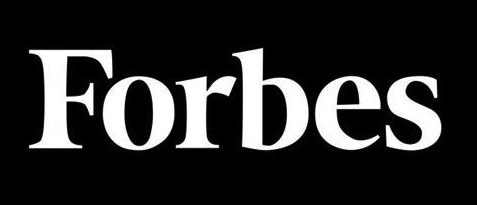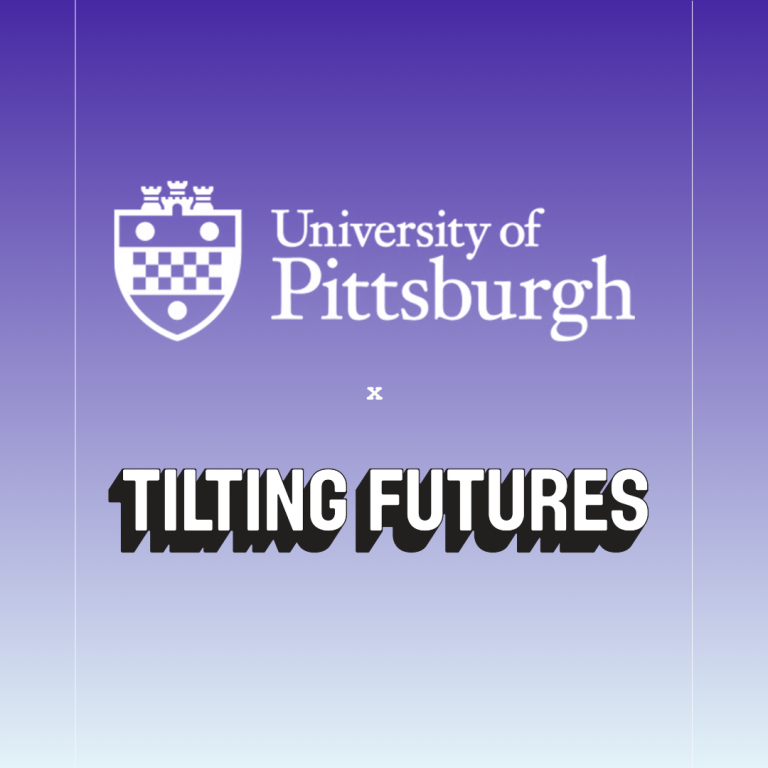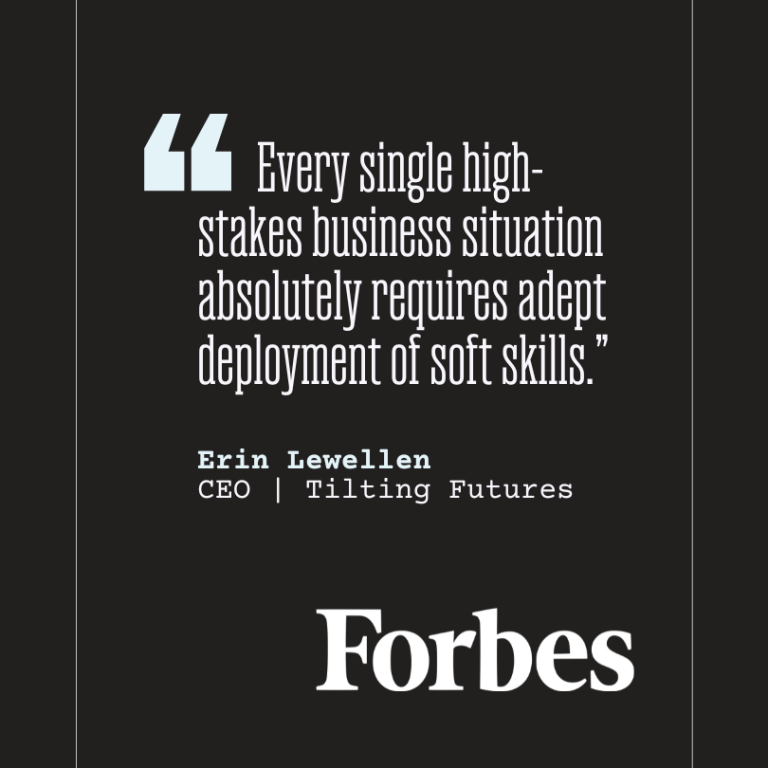In August 2012, my daughter Ally was in India, spending the first half of her gap year at Shanti Bhavan, a boarding school for the most vulnerable children of India’s “lowest caste.” After five months at Shanti Bhavan, Ally would head off to Nepal to join (then 25-year-old) Maggie Doynewho runs a home for over 50 orphans and a school for more than 300 children.
A month after I waved goodbye to Ally as she headed up the escalator to security at JFK to board her plane to India, I was at a Goldman Sachs 10,000 Women dinner where I met Abby Falik. Abby is the founder and CEO of Global Citizen Year, a non-profit social enterprise that is preparing young people for success in college by immersing them in developing countries before they head off to college.
Abby said, “What your daughter is doing maps so perfectly with our mission at Global Citizen Year – we’re giving young people opportunities to learn about themselves, though real-word experience, before continuing with their higher education. America has the highest college dropout rate in the developed world: One-third of college freshman don’t come back for a second year. A year ‘off’ before college isn’t a ‘gap’ – it’s a ‘bridge’ year that can build confidence, clarity and the foundation for a happy and successful life.”
The idea for Global Citizen Year was hatched over 10 years ago while Abby was at Stanford — she went to Stanford undergrad and stayed for a Masters in Education. Her thesis was the blueprint for what has now become Global Citizen Year. Her next stop was Harvard Business School, the last place she ever imagined herself. “I didn’t even know anyone who had been to business school before I went,” says Abby. “I chose HBS because it felt like it would be the furthest from my comfort zone – and it was. I spent my two years in the MBA program preparing to launch Global Citizen Year.” Her work and her awards speak for themselves: Abby has been recognized as an Ashoka Fellow, a Draper Richards Kaplan Entrepreneur, a Mind Trust Fellow and a Harvard Social Enterprise Fellow.
Unlocking young people’s potential and purpose is the passion that guides Abby’s life and work.
My interview with Abby:
Denise Restauri: What needs to be fixed in the world?
Abby Falik: Our education system is failing our kids. The world is changing at an unprecedented rate, but our approach to teaching and learning is stuck in the past century. Schools continue to focus on memorization, testing and college admissions, often at the expense of teaching what’s most needed in today’s world: how to think, how to build, and how to know yourself.
At the same time, while today’s kids compulsively fill their “downtime” with facebook, share their experiences in 140 character tweets, and wonder why they are wracked with FOMO (the fear of missing out), opportunities for contemplation, reflection and simply being have all but vanished.
The pressures kids face as they are channeled along an educational conveyor belt only makes things worse – by the time kids get to college they are more anxious, exhausted and confused than any prior generation.
Paul Tough, a best-selling author, New York Times journalist and one of my mentors, likes to describe how our schools are teaching kids to run on treadmills, but not to climb mountains. And as the stakes get higher and the competition fiercer, ambitious students are scrambling for goals they don’t even have time to question.
The impact of this broken system is most obvious among college freshman where burnout and stress have reached record highs, and empathy and self-esteem have hit all-time lows. In fact, America has the highest college dropout rate in the developed world: 1/3 of college freshman don’t come back for a second year and on average it takes students six years to get through four year colleges. And for those who beat the odds and make it through, the pay-off is bleak: beyond the burden of enormous debt, 90% of business executives believe today’s college grads lack the values, attitudes and skills needed to lead in our global economy.
What if we could change this trajectory so that today’s students had time to pause, reflect and connect – not to technology, but to something deeper? What if by the time kids got to college they weren’t burnt out, but were guided by burning questions about themselves, and their role in the world?
In countries around the world young people are encouraged to take a year – or more – between high school and college. In America, we send tens of thousands of 18-year-olds to serve on religious missions, and hundreds of thousands to serve in the military at this age, but there has never been a non-religious, non-military pathway between high school and college.
I’ve been fixated on this problem for nearly two decades. Global Citizen Year, the organization I founded and lead, is my response.
Restauri: What will it look like when it’s fixed?
Falik: Global Citizen Year is re-inventing education by making it normal to choose a bridge year: an experience after high school that builds self-awareness, global skills and grit – the foundations for success in college and beyond.
Through structured training in social innovation, authentic leadership and mindfulness, and eight-month immersion in communities across Asia, Africa and Latin America (where they do everything from assisting births in the Sahara to teaching English in the Amazon), we are helping young people develop the skills they need to know themselves, and to become impactful and compassionate leaders.
In a recent blog, one of our Fellows describes her experience simply: “Living in Ecuador…I’ve learned that I don’t have to be happy to be happy; I’m always alive and exactly where I’m meant to be.” Today we have nearly 400 alumni each of whom have transformative stories of self-discovery.
But this is just the beginning.
I envision the day when college admissions criteria move beyond grades and test scores to value applicants’ social and emotional skills. Letters of admission will say, “Congratulations, we’ll see you in a year!” Employers will be concerned if you didn’t take a bridge year. “Where are you doing your Global Citizen Year?” will be as important a question as “Where are you going to college?” — and global experience will be a hallmark of an American education.
In a generation, millions of young people will approach higher education with passion and purpose, and will commit themselves to leadership that serves the social and public good – as entrepreneurs, policy makers or teachers. And it will be this new generation of global citizens who have the insight, conviction, and humility to address our greatest challenges — from poverty to climate change and extremism – at home, and around the world.
Restauri: What are you doing to fix it?
Falik: As I kid, I was incredibly fortunate to have had opportunities to travel with my family. My earliest childhood memories are of me and my two younger siblings meeting kids our age who had grown up in radically different contexts – from Indonesia to Ecuador to Southern Africa. Before finishing high school I spent a summer living in a rural community in Nicaragua. I lived with a family and worked in the local school. I stayed long enough to move beyond my initial expectations and assumptions, and eventually developed a deep appreciation and enduring respect for a very different rhythm and way of life.
When I finished high school, I was hungry to continue learning outside the classroom. I knew that I learned best through real world experience, and that my college experience would be much richer if I took some time to explore the world – and myself – before enrolling at Stanford. When the Peace Corps turned me down (they said I needed a college degree) I looked for another immersive and meaningful program, but couldn’t find anything. Frustrated, I ended up going straight to college.
Two years later I reached a similar crossroads. I was studying international development, but I felt antsy and constrained by classroom learning. I wanted to test what I was hearing from my professors in the real world. With just a backpack and the address of a friend of a friend, I left for Brazil. Finding a job, navigating in a new language and (eventually) building a community so far from home was the most challenging – and formative – experience of my life.
A year later I returned to campus with confidence and focus – but the clock was ticking: it was already my senior year. Many of my friends who had taken a ‘junior year abroad’ felt a similar regret that we hadn’t had these experiences sooner. I remember thinking: What if we had had these experiences before starting college? How much more we would have gotten out of our college experience?
For years, I carried these questions. After college and a master’s program in education, I spent a decade as an apprentice in other organizations. I was always on the lookout for insight into how to fix the problems that plagued our education system. I kept a folder on my computer’s desktop called “Masterplan” where I obsessively filed articles, stories, and ideas that seemed like they might, someday, be part of the solution.
I eventually landed at Harvard Business School where I had the amazing opportunity to develop the skills and strategy to bring Global Citizen Year to life. Winning first place in the school’s annual “pitch” competition – a high profile event where aspiring entrepreneurs pitch ideas to students, professors and investors – was the moment I knew there was no turning back.
Five years later, we have a world-class program and team. We’ve received support from leading investors from the Ford Foundation to the Nike Foundation and have had the opportunity to showcase our work at forums like the Aspen Ideas Festival and the Clinton Global Initiative. We’ve piloted partnerships with colleges from Tufts to UNC which now encourage – and pay – for students to take a bridge year before they enroll, and we’re working on plans to scale the model to hundreds of schools and tens of thousands of students.
And as the momentum continues to build, the greatest thrill is knowing we’re just beginning to hit our stride.
Restauri: What can others do to help fix it?
Falik: Everyone has a high school. Everyone knows a parent. Everyone knows a teacher. Everyone knows a student.
What can you do to help? Encourage young people to have the confidence to chose a new path. A path that may feel scary and may (at least for today) go against the grain, but one which will be infinitely more rewarding and fulfilling over time.
Help them see that life isn’t a race – there’s no prize for getting through school without stopping to breath. That a year ‘off’ before college isn’t a ‘gap’ – it’s a launching pad that can build confidence and clarity and the foundation for a happy and successful life.
And when you sense a young person’s fear? Invoke Sheryl Sandberg and ask, “What would you do if you weren’t afraid?” When we set the fear aside, we find the confidence to jump.
Restauri: What’s your best mistake?
Falik: My best mistake was to believe in an enormous vision, even when everyone around me said it was impossible. The growth targets I laid out in my original business plan were absurd – like most entrepreneurs, I’d overshot by a factor of (at least) ten. I now understand why everyone I talked to in the early days thought I was crazy; what I was proposing was, in fact, harder than I could have possibly imagined. At the same time, as I look back at the past five years I also understand that it was an outsized vision that inspired others to join us; our early investors, partners and team were all attracted to an idea that was just the right amount of impossible.
There’s a definition of entrepreneurship that I love: “Being an entrepreneur means jumping off a cliff and knowing that you’ll be able to assemble the airplane before you land.” Ultimately, we’ll never know what we’re capable of unless we take the first steps…and, eventually, the leap….that allows us to leave the ground and take flight.
Denise Restauri is the author of Their Roaring Thirties: Brutally Honest Career Talk From Women Who Beat The Youth Trap now available for iBooks, Amazon, and Vook.




